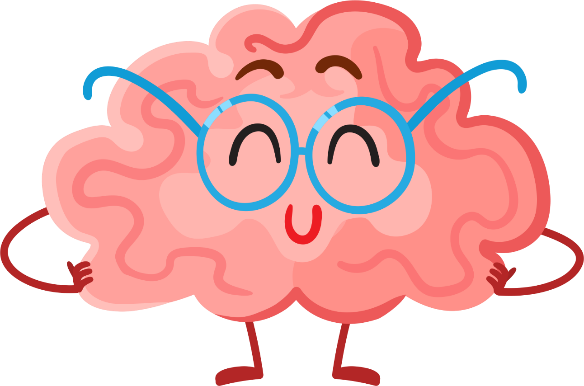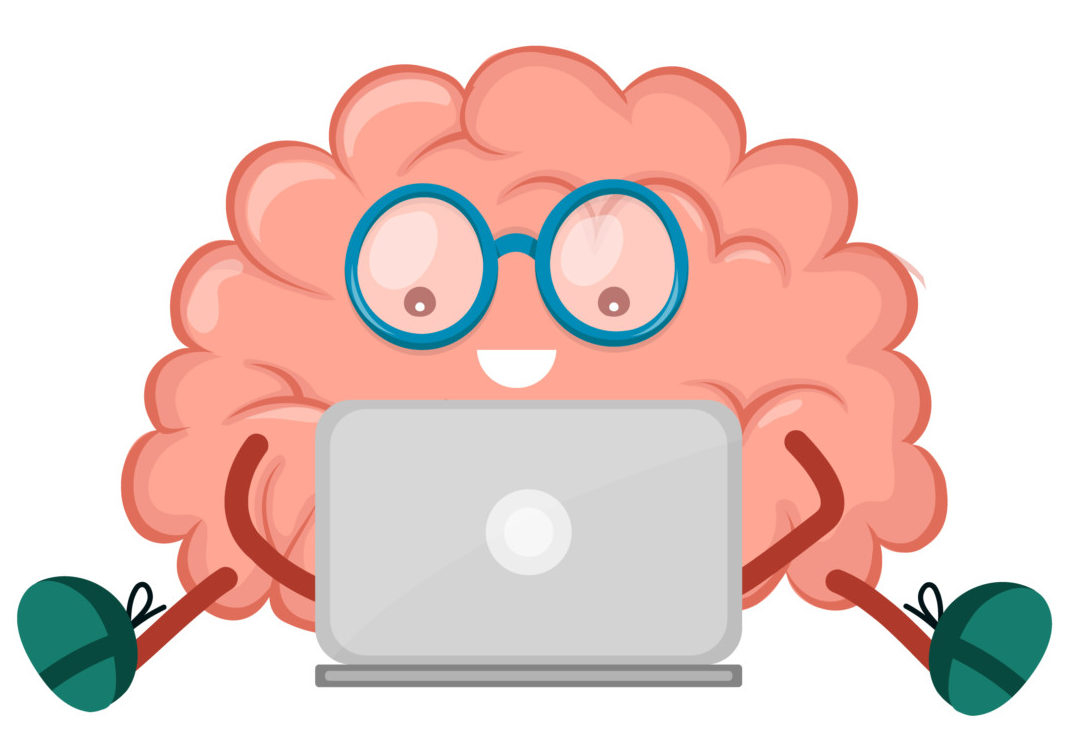Memory is the ability to store and recall information
- Long-Term Memory: the ability to recall information that was stored in the past.
- Short-Term / Working Memory: the ability to apprehend and hold information in immediate awareness while simultaneously performing a mental operation.
Background knowledge is essential for linking new information. You have to remember the knowledge and be able to recall it in order to make the connection with new learning.
The following list is gathered from many sources and my personal experiences and provides a variety of ideas for helping improve memory:
- Frequency – neural pathways need to build and grow strong by repeated exposure to the learning
- Intensity – learning requires rigorous practice
- Visualization – drawing a picture in the mind help to remember
- Memories must be practiced in multiple ways to store them in different areas of the brain
- Some information must be over-learned to become part of the knowledge base
- Mnemonics: acronyms, acrostics, method of loci, chaining, and music, chants, and rhythm are all helpful ways to improve memory
- Without repeated review, most information will be lost from memory

It is very important to learn memorization strategies. Memorization is a great exercise for the brain. It is important to develop strategies that will help enhance memorizing skills. Very often new learning is contingent upon something already known. It would be awful to be constantly learning new things without taking the time to commit that learning to memory.
With better memory one can:

- recall and reproduce a design, diagram, list, etc.
- recall a sequence of bits of information in the same order as originally perceived.
- process information at an adequate or consistent speed.
- find something after putting it away.
- draw conclusions from reading a passage or listening to a lecture.
- follow multi-step oral directions.
- recall facts quickly, easily, and accurately.
Knowles, Liz. “DIY Cognitive Fitness.” 2019.
